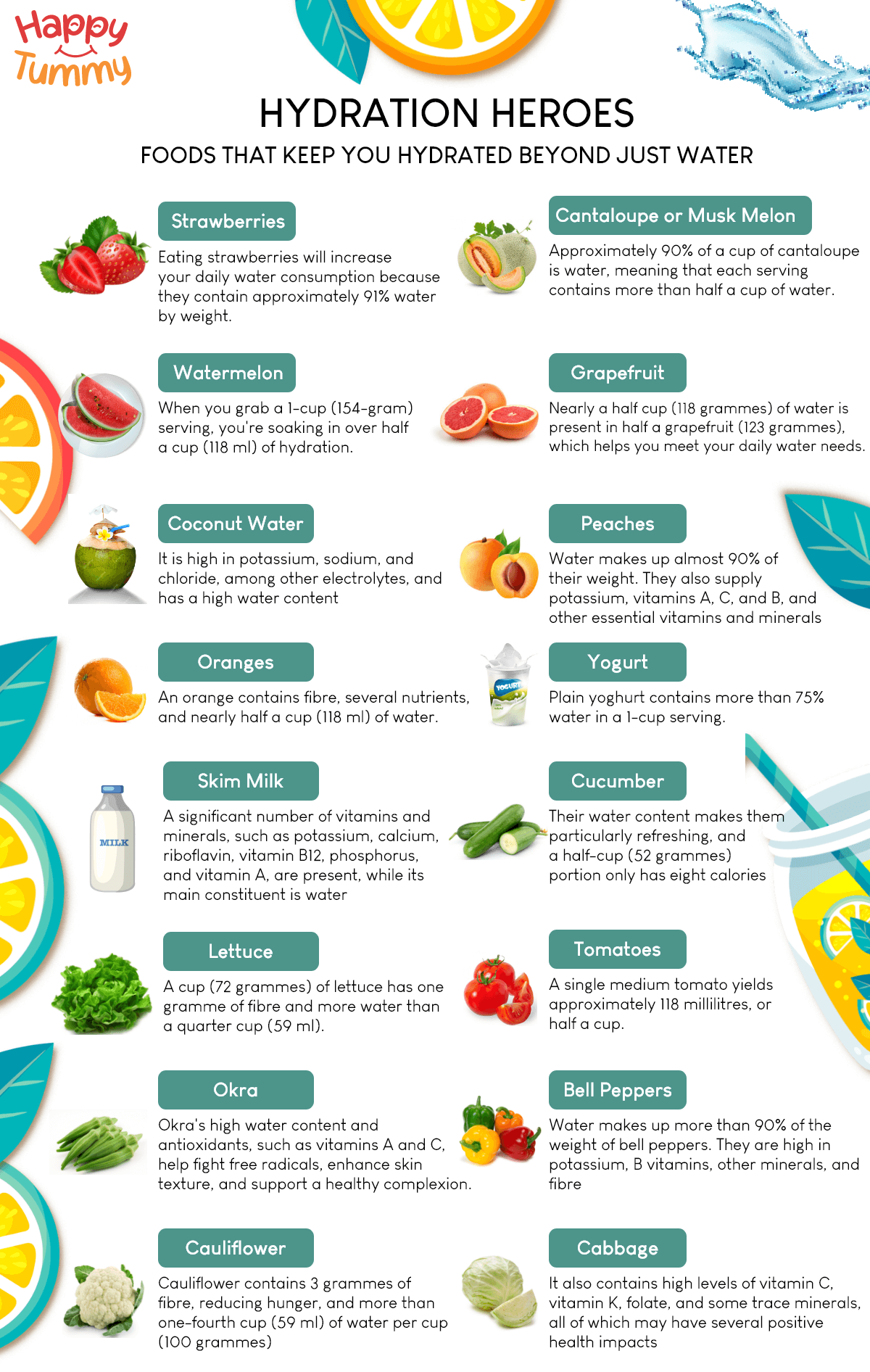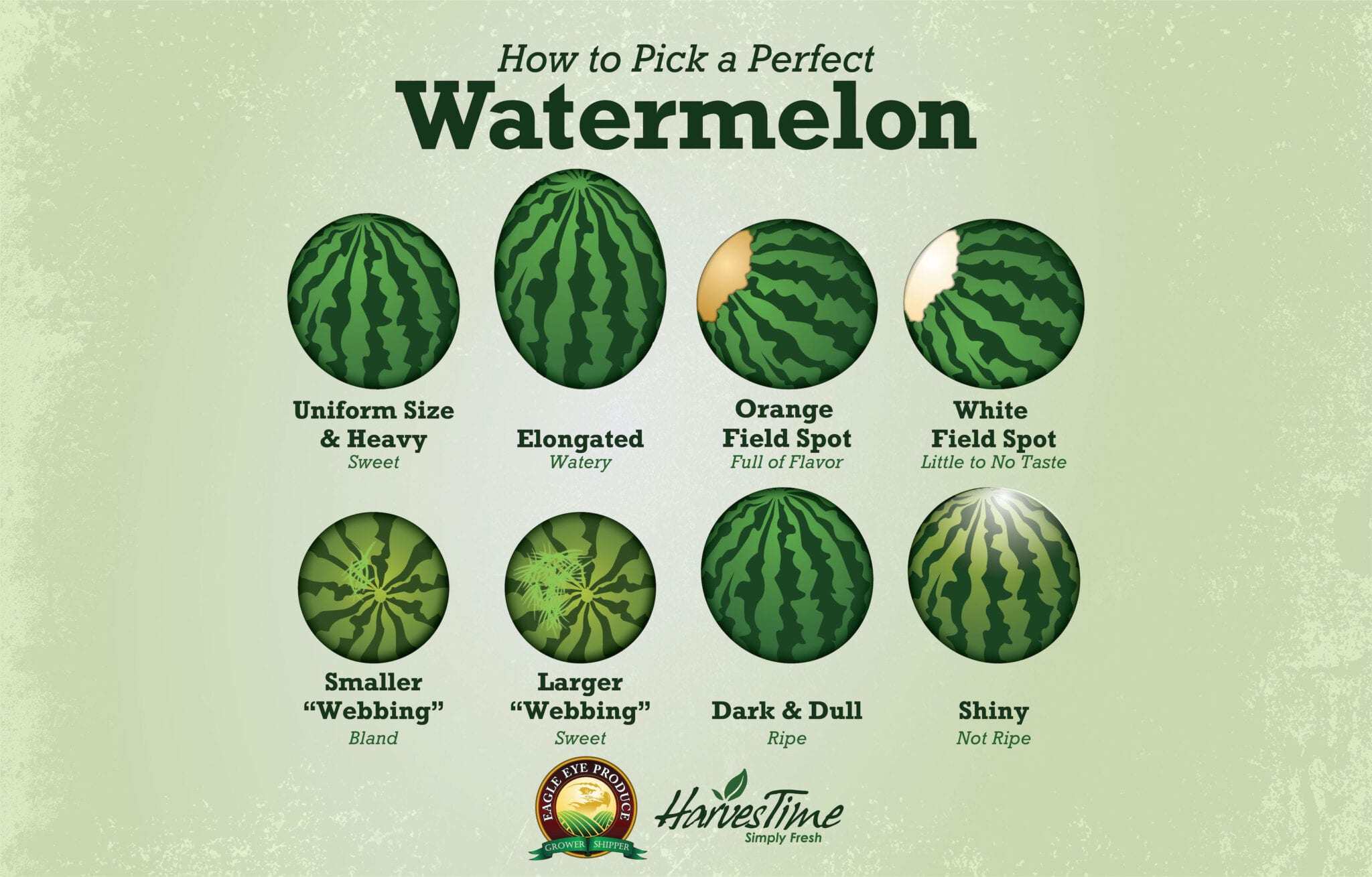The allure of a perfectly ripe watermelon is undeniable, especially when the summer heat is at its peak. Its juicy, sweet flesh offers a refreshing escape, a burst of flavor that instantly cools and satisfies. But what if this beloved summertime treat offered more than just simple refreshment? What if the simple act of enjoying a slice could unlock a wealth of health benefits? The question of what is the benefits of eating watermelon goes far beyond its delectable taste; it’s a question that delves into a surprising array of nutritional advantages, making this fruit a true summertime superfood. While its high water content is often praised, the true potential of watermelon as a powerhouse of nutrients is often overlooked. This article aims to shed light on the hidden advantages of this popular fruit, revealing why incorporating watermelon into your diet might be a remarkably good idea.
Hydration Heroes: The Power of Watermelon’s Water Content
Watermelon stands out with its exceptionally high water content, often exceeding 90% of its total weight. This remarkable characteristic makes it an ideal food for maintaining optimal hydration levels. The human body relies heavily on water for numerous crucial functions, including temperature regulation, nutrient transport, and waste removal. Dehydration, on the other hand, can lead to a range of unpleasant symptoms such as fatigue, headaches, and dizziness, impacting overall well-being and productivity. Consuming watermelon, particularly during hot weather or after engaging in physical activity, becomes a strategic and enjoyable way to combat dehydration and replenish lost fluids. Understanding what is the benefits of eating watermelon in regards to hydration is crucial. The high water content not only quenches thirst but also contributes to electrolyte balance, a key factor in preventing dehydration-related discomfort. Moreover, the water present in watermelon is not simply plain water, it is enriched with natural sugars, vitamins, and minerals, providing a more wholesome hydration experience than just drinking water alone. The synergistic effect of water and these nutrients facilitates better absorption and utilization within the body, further enhancing the hydrating benefits of this fruit. Regular consumption of watermelon can actively contribute to a healthier and more hydrated state, reducing the risk of dehydration and its associated symptoms. For individuals seeking natural ways to maintain fluid balance, incorporating watermelon into the diet is a delicious and effective solution. Ultimately, what is the benefits of eating watermelon is not just about quenching thirst but about supporting the body’s vital functions through proper hydration, and it is important to know that this fruit stands as a great source. The refreshing nature of watermelon also makes it easier to consume larger amounts of fluids, further aiding in overall hydration efforts. Given its inherent hydrating properties, watermelon serves as a vital component of a balanced diet, particularly in environments where maintaining adequate fluid intake is crucial. The impact of watermelon on hydration highlights the fruit’s important role in promoting overall health and well-being. The hydrating benefits of watermelon are truly powerful, making it an indispensable choice for anyone seeking to stay well-hydrated and feel their best.
A Vitamin Boost: Essential Nutrients in Every Slice
Watermelon is not only a refreshing treat but also a powerhouse of essential vitamins and minerals that contribute significantly to overall health and well-being. The vibrant red flesh of watermelon is packed with Vitamin C, a potent antioxidant known for its vital role in boosting the immune system. This makes watermelon a valuable ally in warding off common illnesses and supporting the body’s natural defenses. Vitamin C also plays a crucial role in collagen production, which is essential for maintaining healthy, youthful-looking skin. In addition to Vitamin C, watermelon is a good source of Vitamin A, which is crucial for maintaining good vision, supporting immune function, and promoting cell growth and development. This nutrient is particularly important for maintaining the health of mucous membranes, which act as a barrier against pathogens. Moreover, watermelon provides a significant amount of potassium, an electrolyte that plays a vital role in regulating blood pressure and maintaining fluid balance in the body. Potassium is essential for proper nerve and muscle function, making watermelon a great choice for post-workout recovery. What is the benefits of eating watermelon also extends to the presence of lycopene, a powerful antioxidant that gives watermelon its characteristic red color. Lycopene has been linked to reduced risk of certain cancers and improved cardiovascular health. It neutralizes harmful free radicals in the body, preventing cellular damage. The combination of these vitamins and minerals makes watermelon a nutritional powerhouse that offers a wide array of health advantages. What is the benefits of eating watermelon frequently includes promoting a stronger immune system, contributing to healthier skin, supporting optimal blood pressure, and enhancing overall well-being. Incorporating watermelon into a balanced diet is an effective and enjoyable way to obtain these crucial nutrients. The synergistic effect of these nutrients further amplifies the health advantages. The vitamins and minerals found in watermelon work together to provide comprehensive support for various bodily functions. What is the benefits of eating watermelon also touches on its contribution to a balanced intake of essential nutrients. Furthermore, the abundance of these nutrients makes watermelon a strategic inclusion in diets focusing on nutritional variety and optimal health outcomes. What is the benefits of eating watermelon stems from the synergistic interplay of these essential vitamins and minerals.
How to Choose and Enjoy the Perfect Watermelon
Selecting a ripe watermelon might seem daunting, but a few simple tricks can ensure you bring home the best one. First, look for a creamy yellow spot on the rind, often called the field spot. This indicates where the watermelon rested on the ground as it ripened, suggesting good maturity. Avoid watermelons with a bright white or green spot, as these might be underripe. Next, give the watermelon a gentle thump. A deep, hollow sound signals a juicy, ripe interior, while a dull sound might indicate an overripe or mealy fruit. Feel the weight; a ripe watermelon should feel heavy for its size, indicating high water content, which is key to what is the benefits of eating watermelon. This weight is a sign of juiciness and flavor. Don’t be afraid to examine the rind for any blemishes or soft spots that could signal damage or decay. Once you’ve chosen your perfect watermelon, the possibilities for enjoyment are endless. Of course, simple slices are a classic, refreshing treat, perfect for a hot day. However, consider expanding your culinary horizons and incorporating watermelon into various dishes. Watermelon salads are incredibly refreshing, combining the sweet fruit with salty feta cheese, fresh mint, and a drizzle of balsamic glaze for a delightful contrast of flavors. What is the benefits of eating watermelon goes beyond just hydration and vitamins when used creatively. For a healthy and delicious start to your day, try blending watermelon into smoothies with other fruits like berries and bananas, or even spinach for added nutrients. Watermelon also adds a surprisingly delightful twist to grilling; grilled watermelon slices develop a smoky flavor and caramelize beautifully, making them a unique and memorable side dish. You can also create refreshing drinks like watermelon juice or agua fresca, perfect for a crowd. If you have leftovers, consider pickling the rind for a tangy and crunchy snack. Remember, the versatility of watermelon makes it more than just a simple fruit and understanding what is the benefits of eating watermelon allows you to maximize its potential, whether you’re looking for a hydrating beverage, a refreshing salad component, or a unique grilling element.
Heart Health Helpers: Watermelon and Cardiovascular Wellness
The vibrant red hue of watermelon hints at its rich supply of lycopene, a powerful antioxidant linked to numerous heart health advantages. This, alongside other beneficial compounds present in watermelon, plays a crucial role in supporting cardiovascular wellness. What is the benefits of eating watermelon in relation to your heart? Scientific studies suggest that regular consumption may contribute to improved blood vessel function, helping to maintain healthy blood pressure levels. Lycopene, in particular, has shown promise in reducing the risk of heart disease by combatting oxidative stress and lowering levels of harmful LDL cholesterol. The anti-inflammatory properties of watermelon also contribute to a healthier cardiovascular system, assisting in reducing inflammation which can be a major contributor to heart-related issues. This is not to say watermelon is a cure-all, but rather a delicious and natural way to complement a heart-healthy lifestyle. By promoting good circulation and minimizing the risk of arterial plaque buildup, what is the benefits of eating watermelon, this refreshing fruit can be a valuable ally in your journey towards enhanced cardiovascular health. The presence of citrulline, an amino acid, is also thought to contribute to nitric oxide production in the body. Nitric oxide helps relax and widen blood vessels, further enhancing blood flow and reducing the burden on the heart. This means that incorporating watermelon into your diet not only provides vital nutrients and hydration but also offers support to the very system that keeps our bodies functioning optimally. What is the benefits of eating watermelon also extends to potentially reducing the risk of strokes and other cardiovascular incidents. So, each bite you take isn’t just a taste of summer but a step toward long-term heart health, and all of this is easily accessible simply by making this readily available treat a part of your routine. With its unique blend of antioxidants, vitamins, and amino acids, this fruit proves to be much more than just a refreshing snack – it’s a natural way to promote a healthy heart. Therefore, integrating watermelon into a balanced diet serves as a proactive measure towards maintaining a robust cardiovascular system, and a natural approach to improving your overall heart health. This further emphasizes that what is the benefits of eating watermelon goes beyond mere refreshment, establishing it as a strategic component in cardiovascular wellbeing.
Muscle Recovery and Performance: Watermelon’s Athletic Advantages
For athletes and fitness enthusiasts, watermelon offers advantages that extend beyond its refreshing taste. The fruit’s unique composition can play a supportive role in muscle recovery and potentially enhance athletic performance. One of the significant elements is its electrolyte content, which includes potassium and magnesium. These electrolytes are crucial for maintaining fluid balance in the body, a vital aspect of optimal muscle function and preventing dehydration during strenuous activity. When the body loses electrolytes through sweat, replenishing them is paramount to preventing muscle cramps and fatigue, both of which can impede athletic performance. What is the benefits of eating watermelon in this regard? The natural electrolytes found within the fruit can help to restore the body’s balance more naturally than some processed sports drinks. Another compound of considerable interest is citrulline, an amino acid found in watermelon. Citrulline is known to support blood flow by helping to increase nitric oxide production. Improved circulation can lead to better oxygen delivery to working muscles, which can then enhance endurance and reduce muscle soreness following a workout. Moreover, watermelon’s high water content contributes to the rehydration process after physical activity, further aiding in muscle recovery by supporting optimal cell function. What is the benefits of eating watermelon after exercise? It is a natural way to replenish fluids and electrolytes, minimizing the risk of dehydration related issues like dizziness or muscle spasms, and it aids in getting you back on track for your next workout. The fruit’s natural sugars provide a quick source of energy, helping to replenish glycogen stores depleted during exercise, providing a source of fuel for recovery. It’s a much healthier alternative to many processed sports supplements, providing natural hydration and nutrients without additives. Furthermore, the anti-inflammatory properties of watermelon due to its antioxidants can also contribute to faster muscle recovery. By helping to reduce inflammation caused by intense exercise, the fruit aids in alleviating muscle soreness. What is the benefits of eating watermelon for muscle recovery? It’s a multi-faceted approach, from its hydrating properties to its citrulline and electrolyte content, and it supports the body’s natural mechanisms for recovery. Therefore, incorporating watermelon into a post-workout routine or as a part of an athlete’s diet can provide a valuable edge in achieving optimal performance and faster recovery, making it a natural and delicious choice to support physical activity.
Weight Management and Dietary Fiber
Watermelon presents a compelling option for those seeking to manage their weight, primarily due to its remarkably low calorie count and high water composition. These characteristics contribute to a feeling of fullness without the burden of excessive caloric intake. Consequently, integrating watermelon into a balanced diet can be a strategic approach to reducing overall caloric consumption. The question then arises, what is the benefits of eating watermelon in this context? Beyond its hydrating and low-calorie nature, watermelon also contains dietary fiber, albeit in modest amounts. Fiber plays a crucial role in promoting satiety, which is the feeling of being full and satisfied after eating. By contributing to this sensation, fiber can aid in appetite control, potentially lessening the likelihood of overeating and promoting healthy eating habits. This combination of high water content, low calories, and fiber makes watermelon a potentially beneficial addition to any weight management plan. The subtle sweetness of watermelon can also serve as a healthier alternative to more processed sweet treats, offering a way to satisfy cravings without compromising dietary goals. Furthermore, the act of consuming watermelon often involves slower eating patterns, allowing the body to register satiety cues more effectively, thus further assisting in weight management. It’s not about a singular element but rather the synergistic effect of these properties that positions watermelon as a sensible fruit for those mindful of their weight. Therefore, when considering the relationship between diet and weight, what is the benefits of eating watermelon for weight control should be factored in. Watermelon is an ally in promoting mindful eating habits while contributing to a nutritious overall diet. Making it a wise choice for individuals looking to maintain a healthy weight.
Beyond the Fruit: Watermelon’s Versatile Uses in Culinary Delights
Watermelon extends its appeal far beyond a simple slice. Its inherent sweetness and refreshing nature make it an incredibly versatile ingredient, adaptable to a myriad of culinary creations. Consider the surprising addition of grilled watermelon to a summer salad, the slight char enhancing its sweetness while contrasting beautifully with salty feta and fresh mint. Or, perhaps blend chunks of frozen watermelon with a touch of lime and ginger for an invigorating smoothie, a perfect post-workout refreshment, demonstrating another benefit. The juice extracted from watermelon can form the base of delightful cocktails and mocktails, offering a naturally sweet and hydrating alternative to traditional sugary drinks. Furthermore, watermelon can be pickled, creating a sweet and tangy condiment that adds a unique twist to sandwiches and charcuterie boards. One might be curious, what is the benefits of eating watermelon in these unique preparations? Beyond the refreshing taste, incorporating watermelon in these varied forms allows one to continuously enjoy its benefits and nutritional advantages, even when a simple slice is not what the occasion calls for. The fruit can even be incorporated into salsas and gazpachos, providing a sweet counterpoint to spicy flavors, and what is the benefits of eating watermelon when used in savory recipes? The high water content and natural sugars make it an ideal natural ingredient for sorbets and granitas, offering a healthier alternative to traditional sugary desserts. Consider using watermelon rind, often discarded, to make pickles or chutneys, minimizing waste and maximizing enjoyment of the entire fruit. Even the seeds, often overlooked, can be roasted for a crunchy and nutritious snack. From breakfast smoothies to savory dinner sides, watermelon’s potential extends far beyond its summery association. The possibilities are virtually limitless, inviting culinary experimentation and consistent incorporation of this incredible fruit into everyday meals. When considering what is the benefits of eating watermelon, one may see that the versatility makes it easy to experience those advantages daily. Embrace the creative opportunities that watermelon offers, and the health perks of this versatile fruit will be consistently achieved. These options further solidify how versatile this fruit is and why it deserves a regular spot on our plates and in our recipe books. Watermelon offers more than just refreshment; its versatility can help elevate any dish and provide a wide array of vitamins and nutrients.




